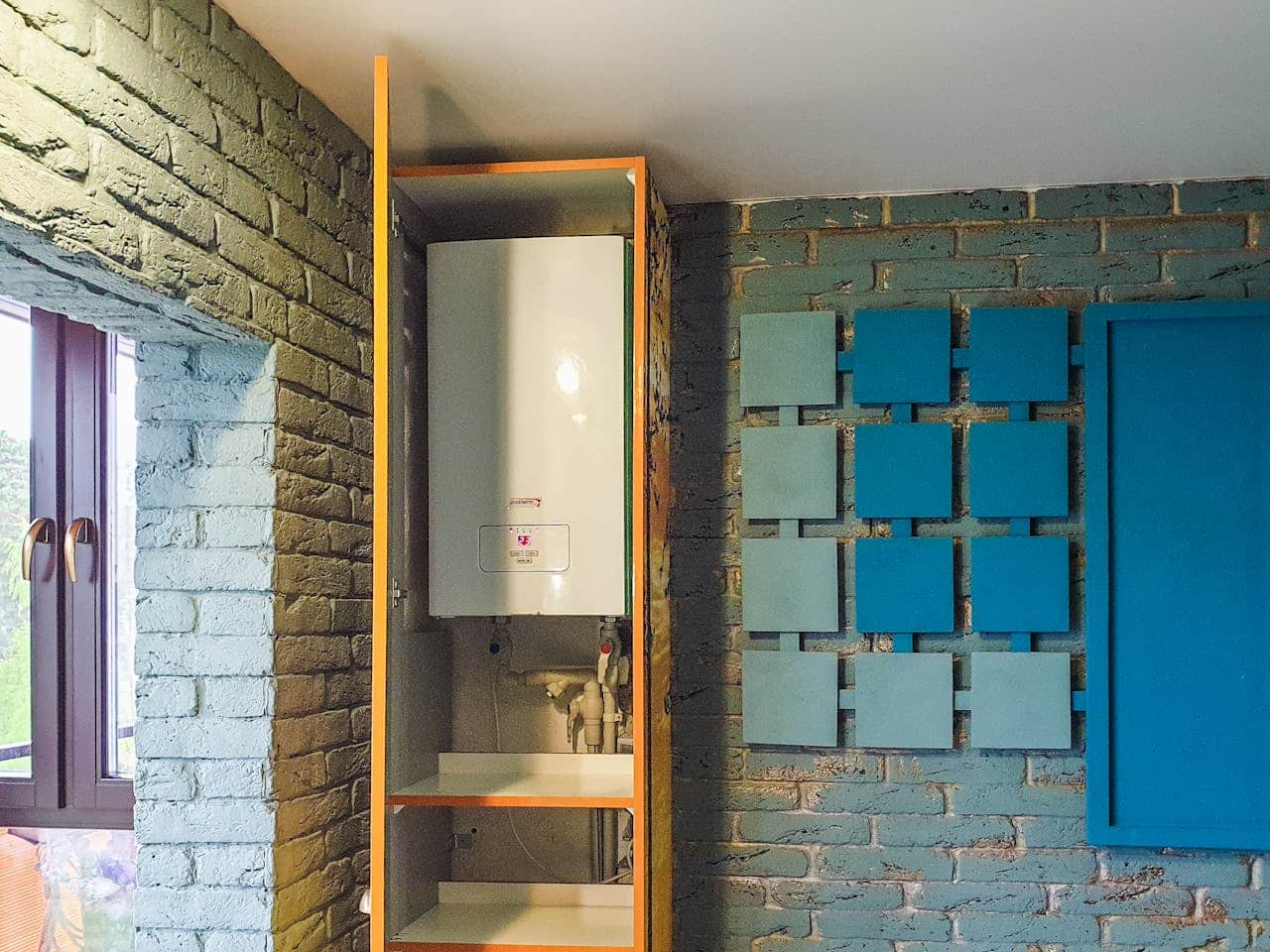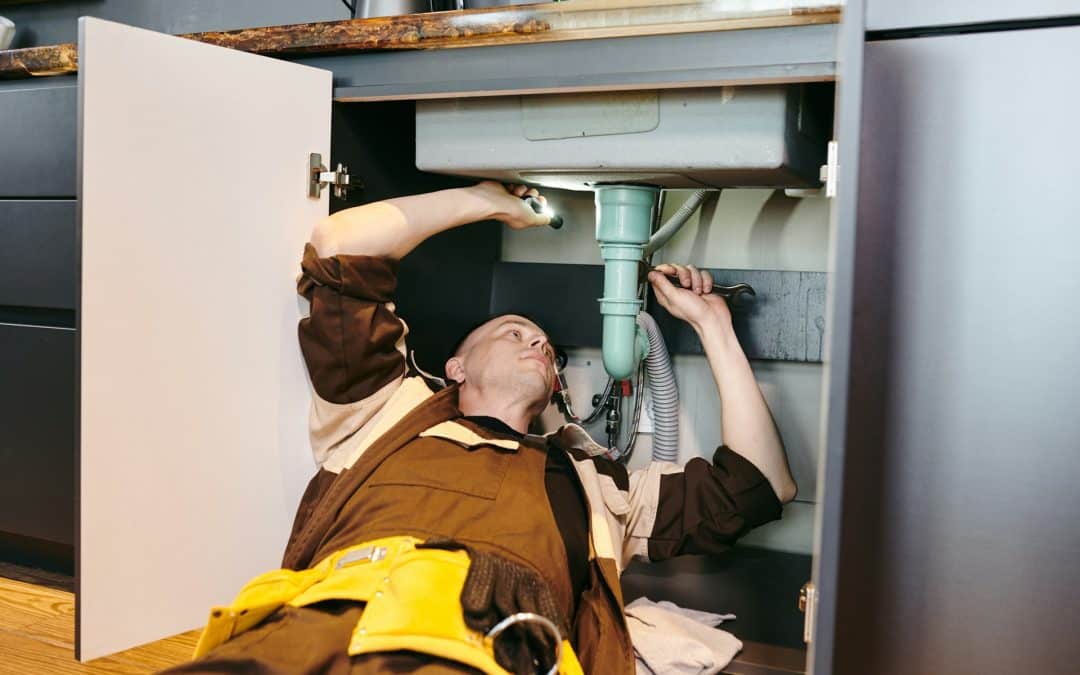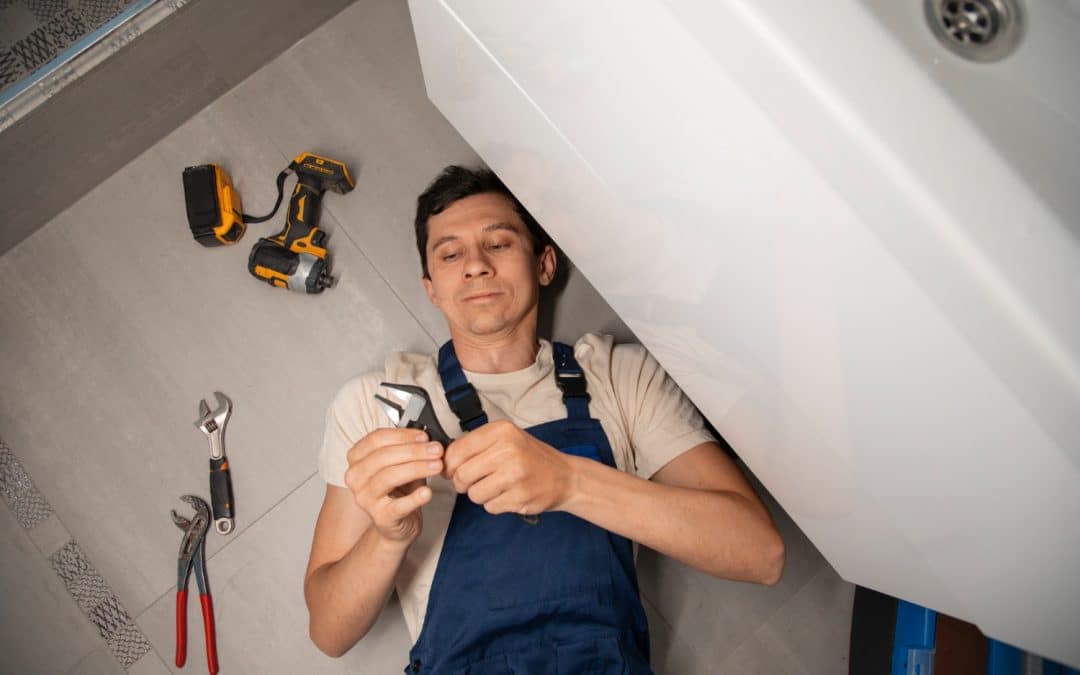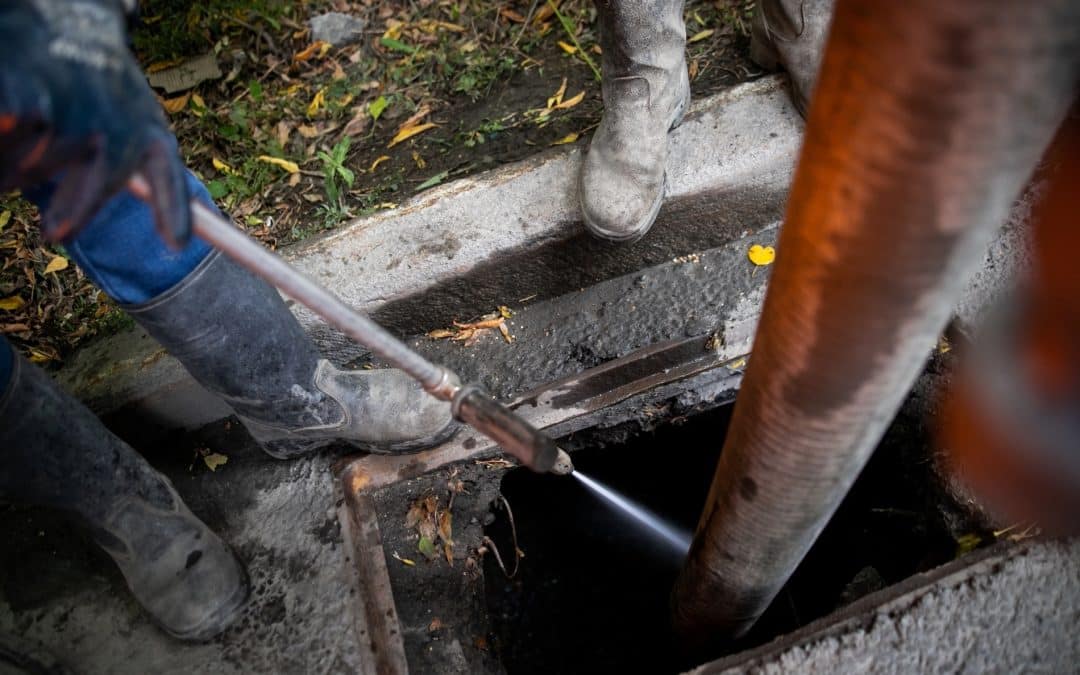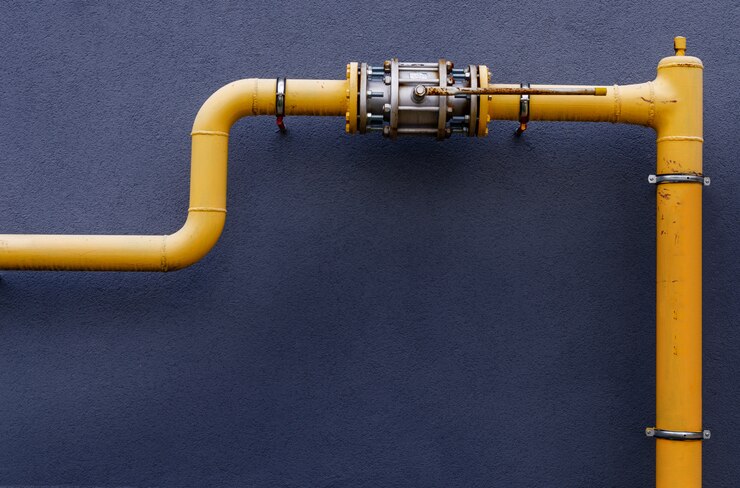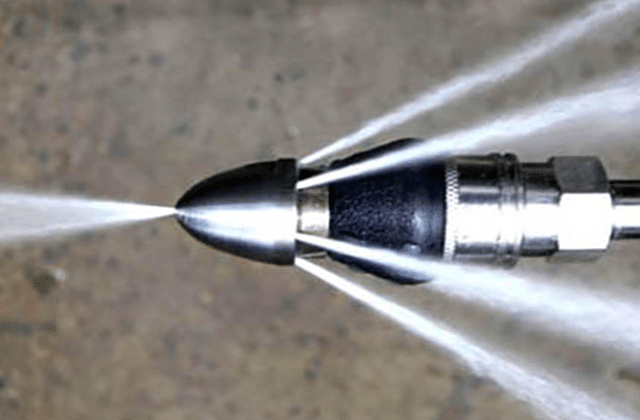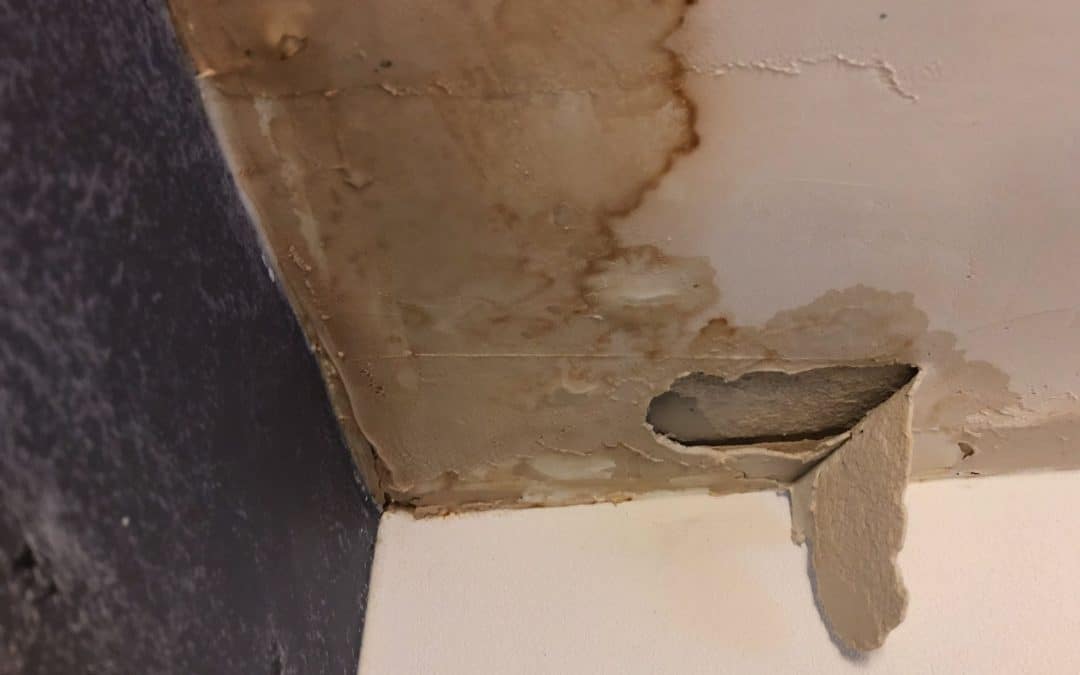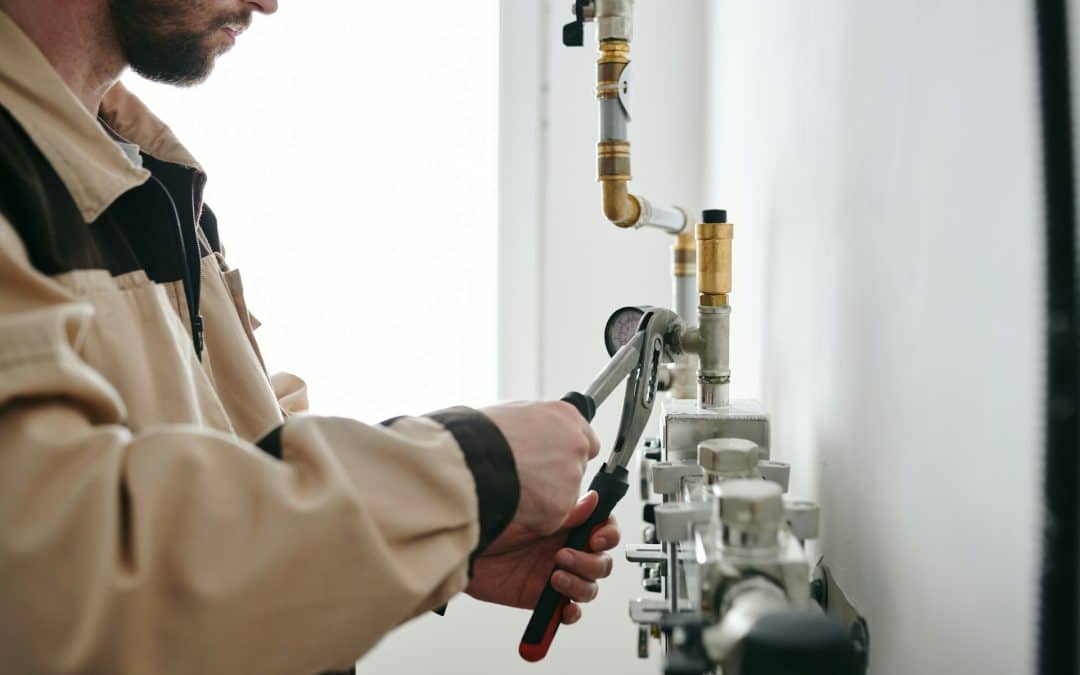Thinking about upgrading your home’s water heater? Tankless water heaters are a popular choice for many homeowners seeking efficiency and convenience. Unlike traditional water heaters, they heat water on demand, which means you enjoy endless hot water without waiting for a tank to fill. This can be super handy, especially in busy households where multiple showers might run back-to-back or when you’re doing laundry at the same time.
A tankless model can save space in your home since it’s much smaller and mounts directly on the wall. But, before diving in, it’s important to weigh the benefits against potential drawbacks, like higher upfront costs and the need for a suitable setup. This guide will help you figure out if a tankless water heater caters to your family’s needs and whether it aligns with your home’s infrastructure. From installation tips to maintenance pointers, understanding these factors will help you make an informed decision.
Understanding Tankless Water Heaters
Tankless water heaters, also known as on-demand water heaters, heat water only when needed. Unlike traditional water heaters that store large volumes of hot water in a tank, tankless systems use powerful heating elements or burners. This means you get a steady stream of hot water whenever you need it. Because there’s no tank holding heated water, you save both energy and space. Tankless models are compact and can be mounted on walls, making them suitable for homes with limited space.
When comparing tankless heaters to traditional ones, the differences are clear. Traditional water heaters constantly use energy to keep the stored water hot, even when it’s not being used. This can lead to higher energy bills, especially in large households. In contrast, tankless systems eliminate standby energy loss, enhancing energy efficiency. They can also provide a nearly endless supply of hot water, great for large families or high-water-consumption homes.
Energy efficiency and cost savings are significant benefits. Tankless water heaters generally have a longer lifespan than traditional models and require less fuel, which can result in lower utility bills. While they might have higher upfront costs, the long-term savings on energy bills can make them a worthwhile investment for those looking to reduce energy consumption.
Pros and Cons of Going Tankless
Switching to a tankless water heater offers several advantages that can make a big difference in your home. Some key benefits include:
– Endless Hot Water: Never run out while taking a shower or doing laundry.
– Space-Saving Design: Small and wall-mounted, freeing up valuable floor space.
– Energy Efficiency: Reduces energy use by only heating water when needed.
– Longevity: Typically lasts longer than traditional water heaters.
However, several drawbacks deserve consideration before deciding to go tankless:
– Initial Cost: More expensive than traditional models in terms of purchase and installation.
– Limited Flow Rate: May struggle to provide hot water to multiple points at the same time.
Before deciding, examine factors like your household size and water usage patterns. Large families may need a more robust system or multiple units to ensure a consistent supply. Also, consider how much you’re willing to pay upfront versus the potential savings over time. Assessing your daily water needs and comparing them to a tankless system’s capabilities will help you decide if it fits your lifestyle and budget.
Installation and Maintenance Considerations
Installing a tankless water heater requires thoughtful planning. These units have specific requirements different from traditional heaters. You need proper venting to ensure harmful gases are safely removed from your home. Electrical connections must be upgraded if your current system doesn’t support a tankless model. Gas lines might require adjustments for models using gas. Each of these steps ensures safety and efficiency.
Routine maintenance is essential to keep the tankless system running smoothly. Regularly checking and cleaning the system helps prevent buildup that can damage components over time. For instance, descaling is necessary in hard water areas to remove mineral deposits. This task prevents efficiency loss and extends the unit’s lifespan. An annual inspection by a professional ensures all components operate correctly, identifying and fixing potential problems early.
Good maintenance practices have long-term benefits. Proper care improves performance, increases system longevity, and guarantees a steady supply of hot water. It also ensures that the system remains energy efficient, keeping utility bills in check and preventing unforeseen repair costs.
Assessing Suitability for Your Home
Determining whether a tankless water heater suits your home involves asking critical questions. First, consider your hot water needs. Do you have a large family, requiring multiple showers or simultaneous usage? Evaluate your household’s water consumption patterns. Some homes may benefit from bigger or more than one unit to meet their demands effectively.
Check your current plumbing infrastructure to see if it supports a tankless upgrade. Consider the installation cost within your budget. While the initial investment is higher, think about the energy savings and efficiency over time. Calculate potential long-term savings against upfront costs to make an informed decision.
Environmental impact is another factor. Tankless water heaters use less energy, reducing your household’s carbon footprint. They also contribute to energy conservation, which can be an attractive benefit if you’re eco-conscious. Weighing these considerations helps decide if a tankless system aligns with your needs and values.
Conclusion
Choosing the right water heater is a significant decision impacting your home’s comfort, efficiency, and environmental footprint. Tankless water heaters offer valuable benefits, like energy savings and endless hot water, making them an attractive option for many homeowners. However, carefully evaluating installation requirements, ongoing maintenance, and your household’s needs ensures they fit your situation.
Understanding and considering these factors can save you time, money, and stress in the long run. Enjoy the convenience of a reliable hot water supply that suits your home perfectly. If you’re considering a switch to a tankless water heater or need professional advice on maintaining an existing system, Plumbing Kings LLC stands ready to help. Our experienced team provides water heater repairs and installation to enhance your home’s plumbing efficiency. Contact Plumbing Kings LLC today, and let us assist you in choosing the perfect water heating solution for your needs.

